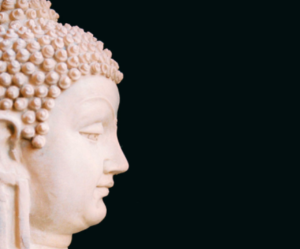In this piece for The Lion’s Roar, the Dalai Lama discusses some of the shortcomings of contemporary scientific methodology in understanding consciousness — primarily that its focus on physical aspects of the brain excludes the phenomenological reality of subjective experience. He describes how modern science could be combined with the contemplative methods of Buddhism in order to better understand our subjective experience of consciousness.
“Even from this brief discussion, it is, I think, clear that the third-person method—which has served science so well in so many areas—is inadequate to the explanation of consciousness. What is required, if science is successfully to probe the nature of consciousness, is nothing short of a paradigm shift. That is, the third-person perspective, which can measure phenomena from the point of view of an independent observer, must be integrated with a first-person perspective, which will allow the incorporation of subjectivity and the qualities that characterize the experience of consciousness. I am suggesting the need for the method of our investigation to be appropriate to the object of inquiry. Given that one of the primary characteristics of consciousness is its subjective and experiential nature, any systematic study of it must adopt a method that will give access to the dimensions of subjectivity and experience.
A comprehensive scientific study of consciousness must therefore embrace both third-person and first-person methods: it cannot ignore the phenomenological reality of subjective experience but must observe all the rules of scientific rigor. So the critical question is this: Can we envision a scientific methodology for the study of consciousness whereby a robust first-person method, which does full justice to the phenomenology of experience, can be combined with the objectivist perspective of the study of the brain?”















